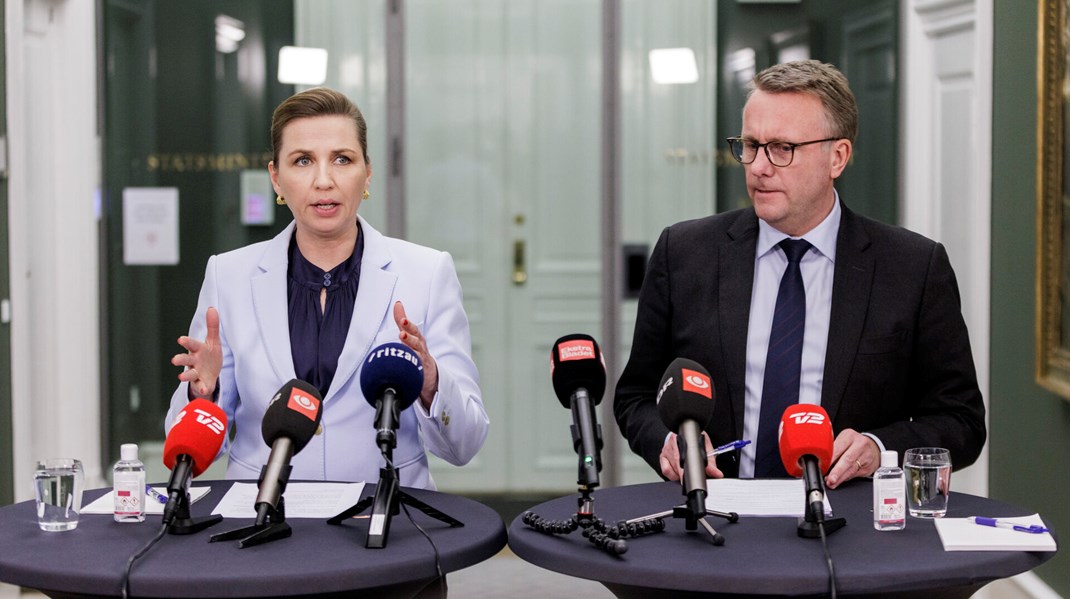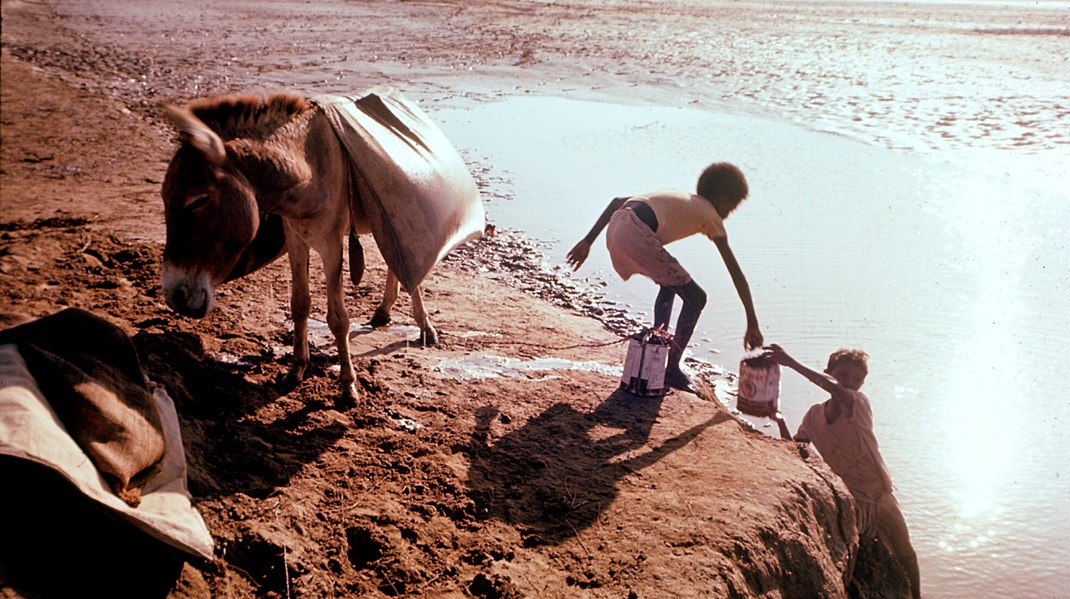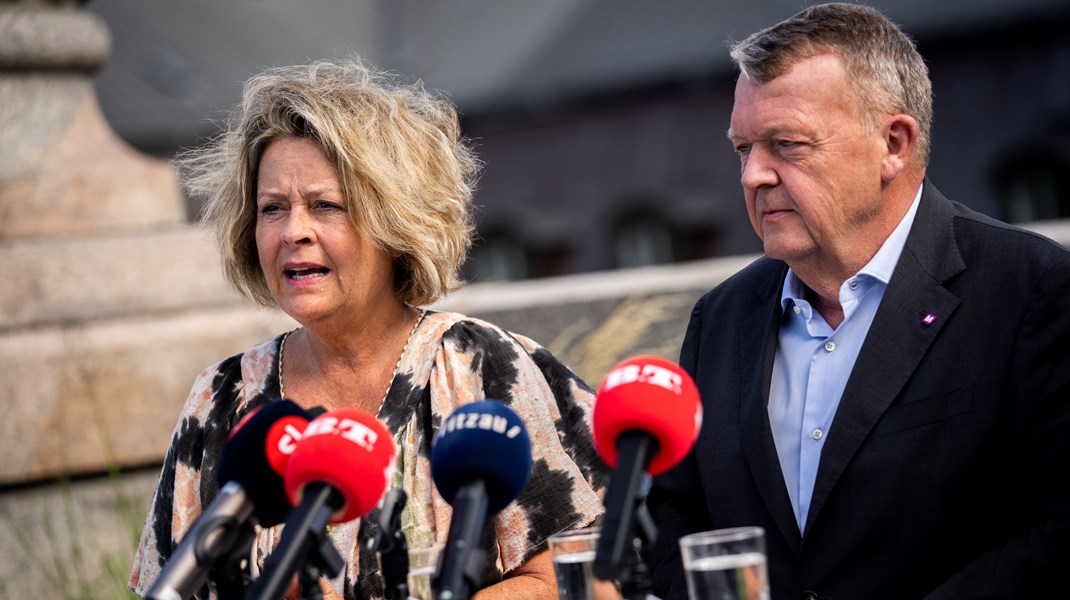Impact of conflict on minorities “devastating” - UN experts
GENEVA (25 July 2014) - Two UN human rights experts stated on Friday that ethnic and religious minorities in Iraq are bearing the brunt of the conflict that is once again engulfing the country. If protection measures are not taken urgently, they stressed, the impact of the conflict on minorities could be “devastating and irreversible.”
“I am gravely concerned about the physical safety of several minority groups in Iraq, including Christians, Shia - a minority in the North -, Shabaks, Turkmen, Yazidis and others, who are being persecuted on the grounds of their religion and ethnicity. In several areas of northern Iraq, they are directly threatened by armed groups which have already shown the gross violations they are capable of committing,” said the UN Special Rapporteur on minority issues, Rita Izsák.
The “Islamic State” (IS) and associated armed groups have taken control of several cities and regions in northern Iraq in recent weeks. They are accused of gross human rights violations, some of which may amount to war crimes and crimes against humanity, including the targeting and killing of civilians, the looting of property and the destruction of religious sites.
The human rights experts noted that civilians in areas under the control of the Islamic State are reportedly required to adhere to a strict interpretation of Shari’a law or face death, irrespective of their religious backgrounds.
The UN experts also expressed the fear that human rights violations against religious minorities in Mosul and other areas, including Sinjar and Ninewa, are on the rise.
“Reliable information indicates that religious minorities are being targeted and their members subjected to abductions, killings or the confiscation of their property by extremist groups,” Ms. Izsák said.
“In Mosul for instance, members of minorities were given an ultimatum that by July 19, they should convert, pay a tax, leave the city, or face execution,” she added. “Credible reports suggest that some members of the Yazidi and Shabak communities who refused to do so were taken before religious courts and later executed,” she said.
As a result, large numbers of Christians have fled Mosul, including some 350 families who left on July 19 for northern Ninewa and Dohuk, which are under Kurdish control. According to sources, only a few Christians, who are extremely poor or unable to travel, remain in the city.
The Special Rapporteur on the human rights of internally displaced persons, Chaloka Beyani, stressed that the ongoing conflict has already displaced some 1.2 million people, mostly minority members who have fled the northwest of Iraq. “This huge displacement is turning into a humanitarian crisis,” he said. “History has shown that minority communities are particularly vulnerable to displacement. Special protection for them and other internally displaced people in Iraq is now vital.”
Echoing the concerns expressed by the UN Secretary-General on 20 July 2014, the human rights experts stressed that the Islamic State and associated armed groups must fully comply with international humanitarian law and protect civilians under their control.
They also called for those responsible of committing human rights violations to be held accountable and urged the Iraqi Government and the international community to do their utmost to protect vulnerable civilians and minorities. “The international community must be ready to provide all the required assistance and support, including humanitarian assistance, to stop the spiral of violence that threatens all Iraqis and to ensure the survival of its most vulnerable minorities.”
ENDS
The United Nations human rights experts are part of what it is known as the Special Procedures of the Human Rights Council. Special Procedures, the largest body of independent experts in the UN Human Rights, is the general name of the independent fact-finding and monitoring mechanisms of the Human Rights Council that address either specific country situations or thematic issues in all parts of the world.
They are charged by the Human Rights Council to monitor, report and advise on human rights issues. Currently, there are 37 thematic mandates and 14 mandates related to countries and territories, with 72 mandate holders. Three new mandates were added in March 2014. The experts work on a voluntary basis; they are not UN staff and do not receive a salary for their work. They are independent from any government or organization and serve in their individual capacity. Log on to: http://www.ohchr.org/EN/HRBodies/SP/Pages/Welcomepage.aspx
Learn more, visit:
Minority issues: http://www.ohchr.org/EN/Issues/Minorities/IExpert/Pages/IEminorityissues...
Internally displaced persons: http://www.ohchr.org/EN/Issues/IDPersons/Pages/IDPersonsIndex.aspx
UN Human Rights, Country Page – Iraq: http://www.ohchr.org/EN/countries/MENARegion/Pages/IQIndex.aspx
For more information and media requests please contact Graham Fox (+41 22 917 9640 / [email protected]) or write to [email protected]
UN Human Rights, follow us on social media: Facebook: https://www.facebook.com/unitednationshumanrights Twitter: http://twitter.com/UNrightswire Google+ gplus.to/unitednationshumanrights YouTube: http://www.youtube.com/UNOHCHR Storify: http://storify.com/UNrightswire
Check the Universal Human Rights Index: http://uhri.ohchr.org/en


